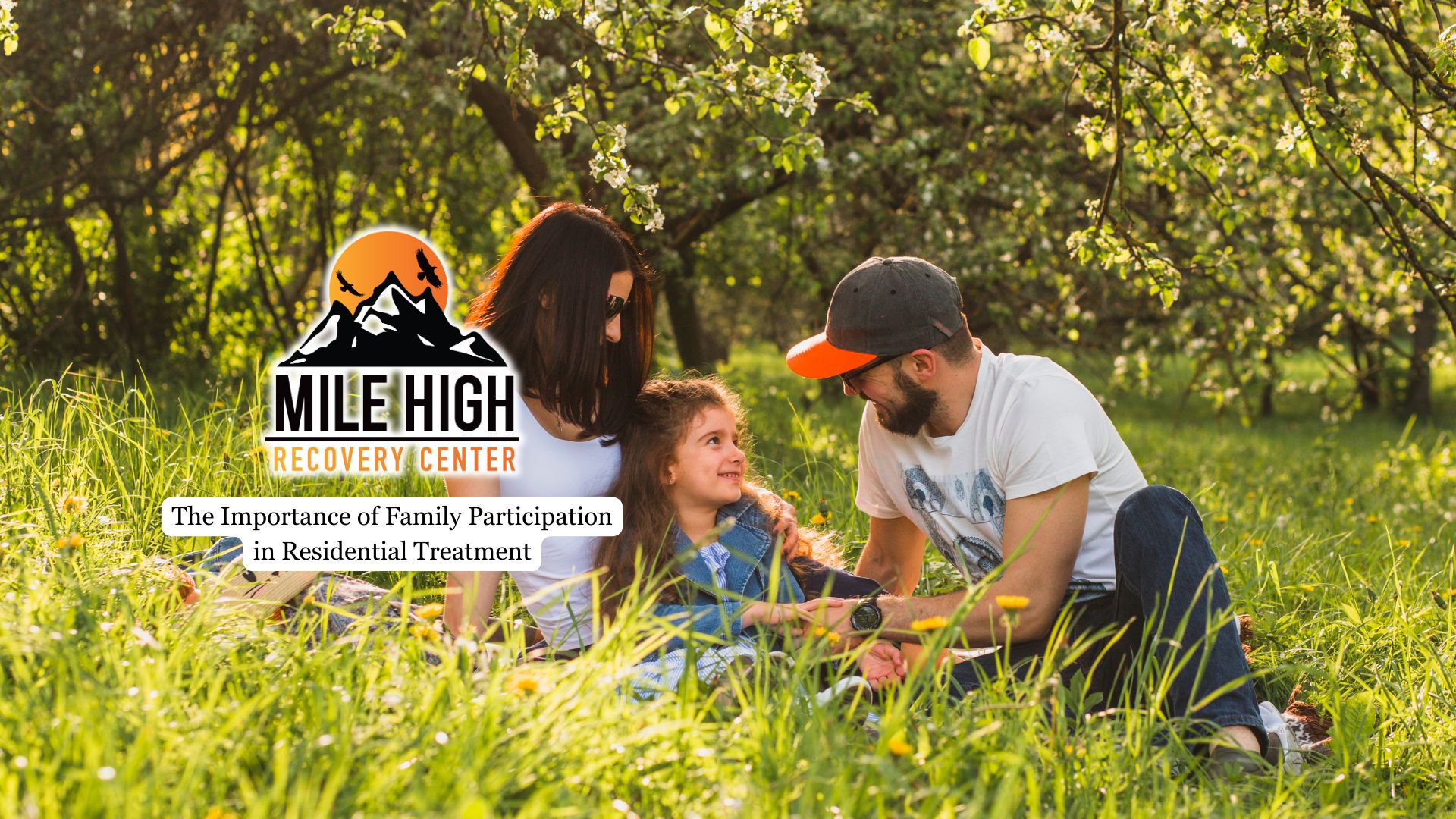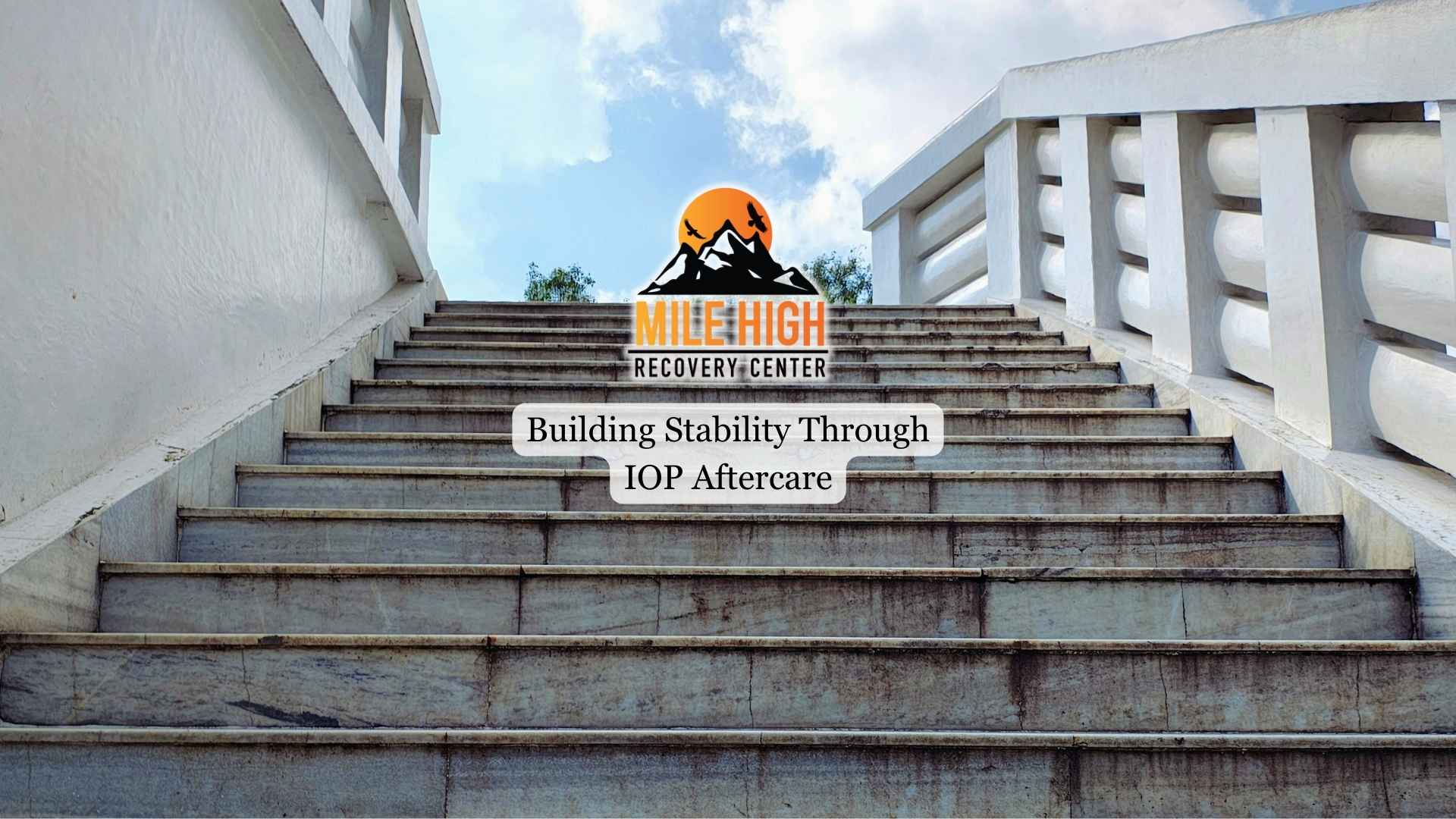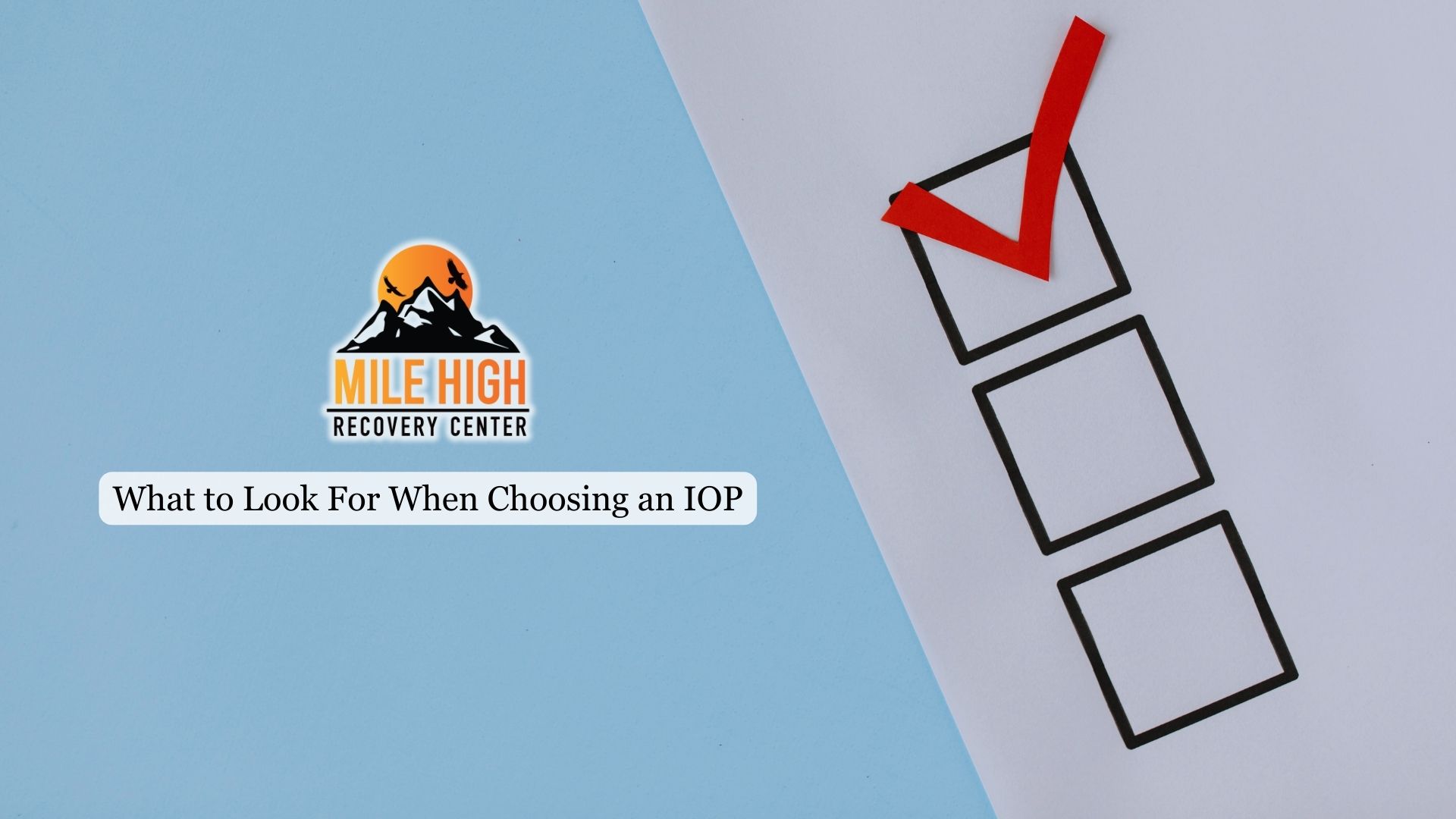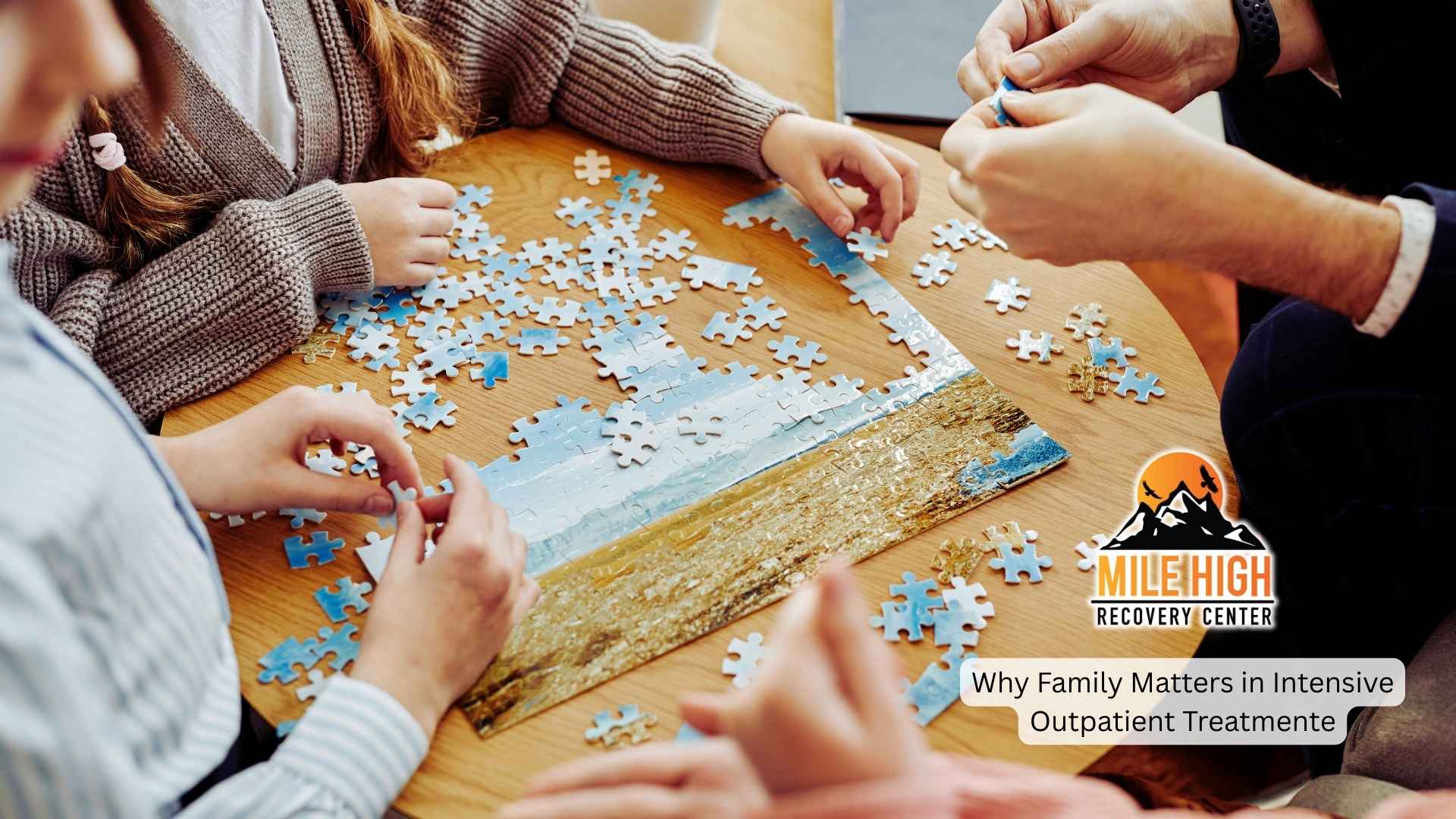Addiction recovery is not an isolated journey but one that profoundly affects the entire family unit. Family involvement in residential treatment plays a crucial role in supporting individuals through the healing process while also addressing the broader impacts addiction has on its dynamics. A residential treatment program that actively integrates engagement among members promotes better treatment outcomes and nurtures recovery for both the individual and their loved ones.
In this article, we explore the importance of family involvement in residential care, how it enhances the treatment process, and the various ways families can effectively support their loved ones during residential care.

Why Support from Loved Ones Matters in Residential Treatment
Addiction and substance use disorders ripple through families, affecting emotional well-being, mental health, and relationships. Family involvement in residential treatment is essential because it often serves as the primary support system, motivation source, and accountability partner throughout the recovery journey.
Research consistently shows that increased family involvement in treatment leads to improved retention, higher completion rates, and better long-term sobriety. Residential treatment that engages its members recognizes that healing involves not just the individual in care but the entire unit.
Roles of Family in the Residential Treatment Process
During residential treatment, family involvement plays several key roles that significantly influence recovery success. Therapy sessions offer a structured opportunity to address dysfunctional communication, enabling behaviors, and unresolved conflicts that may contribute to relapse or hinder progress. By participating, members learn about substance addiction and its complexities, and how to foster a supportive home environment.
Families provide emotional support during challenging treatment phases, including detox and early recovery, helping reduce feelings of isolation for their loved one. Additionally, visits from relatives and their involvement in treatment planning allow them to stay informed and actively engaged, reinforcing the continuum of care beyond the residential setting.
Benefits of Family Involvement
Family involvement is a cornerstone of effective recovery, profoundly influencing both the individual’s healing process and the overall well-being of the entire unit. This helps rebuild trust and restore damaged relationships, creating a more stable and compassionate environment for everyone.
Participation allows loved ones to gain in-depth knowledge about the complexities of addiction and mental health challenges, reducing stigma, fostering empathy, and equipping them to recognize early warning signs or potential triggers for relapse. As a result, members become better prepared to intervene constructively and support ongoing recovery.
Residential treatment programs frequently incorporate structured support systems, such as educational workshops, support groups, and multi-family therapy sessions. They’re then empowered with practical strategies to handle conflicts, set healthy boundaries, and promote accountability. Through these collaborative efforts, communication improves and misunderstandings decrease, helping members work together towards common recovery goals.
Sharing experiences and strategies with others facing similar challenges not only alleviates feelings of isolation but also provides a network of encouragement that extends beyond formal treatment. By making participation a priority, treatment programs foster nurturing environments built on mutual trust and open communication. This support is instrumental in sustaining motivation, preventing relapse, and paving the way for long-term personal growth and resilient, healthier relationships.

Practical Ways to Participate in Residential Programs
Residential treatment facilities incorporate involvement from loved ones through various practical approaches aimed at improving communication, healing relationships, and addressing the impact of addiction on the household. Key components often include:
Therapy Sessions Focused on Relationships and Communication
Structured sessions help improve interactions among household members and address underlying issues caused by addiction.
Process Group Therapy and Support Groups
These spaces provide opportunities for members to share experiences, receive peer support, and learn coping strategies from others navigating similar challenges.
Collaborative Care Planning
Treatment staff work closely with loved ones to develop coordinated care plans that include strategies addressing their role in the recovery process. This collaboration extends beyond residential care into crucial post-discharge support to ensure ongoing engagement and stability.
Encouragement of Frequent Contact
Maintaining strong connections during and after treatment is promoted through:
- In-person visits that nurture trust and motivation
- Virtual meetings that offer flexible communication options when geography, scheduling, or other barriers limit face-to-face interaction
These ongoing connections achieve several important outcomes:
- Enhance emotional stability and motivation during the vulnerable transition out of residential care
- Strengthen accountability and support networks, facilitating sustained recovery
- Offer convenient and accessible ways to maintain involvement via virtual platforms, which have become essential tools for consistent engagement in today’s clinical practices
Special Considerations
Recognizing that household structures and dynamics vary widely, residential treatment programs customize involvement approaches to accommodate diverse needs. When loved ones themselves face addiction or mental health challenges, specialized interventions are essential to promote safe, supportive participation in the recovery process. These tailored strategies help address complex situations without compromising the well-being of any member.
Programs pay close attention to the unique needs of children and adolescents living in environments affected by substance use. Through age-appropriate counseling, education, and supportive services, these younger individuals receive targeted care designed to build resilience, foster emotional healing, and strengthen their capacity to thrive despite challenging circumstances.
Final Thoughts from Mile High Recovery
Active involvement of loved ones is a cornerstone of effective residential treatment. Encouraging their participation promotes healing, emotional stability, and stronger coping skills, ultimately enhancing treatment outcomes and long-term recovery. Treatment programs invite and empower support networks to play vital roles as partners throughout the recovery journey.
At Mile High Recovery Center, we take a flexible, client-centered approach to addiction care. Our residential programs in Denver, CO are designed to evolve with each person’s unique recovery journey, and we encourage family participation as a key part of the healing process. This holistic, adaptive model not only promotes recovery but also empowers clients to grow into more connected, fulfilled lives.







